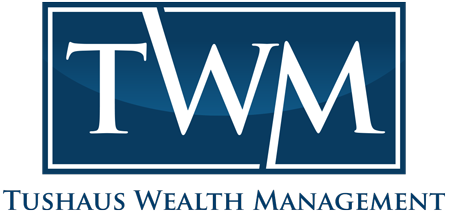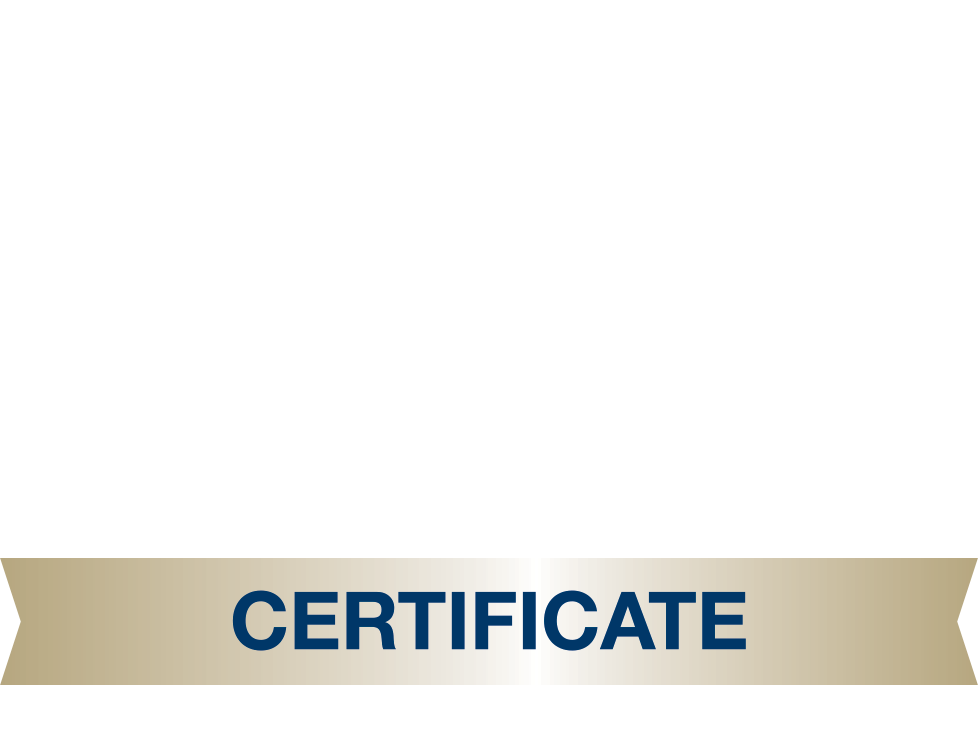
There’s a chance that an individual may find themselves in a circumstance where they possess significant wealth in their house but lack sufficient cash in their bank account. Over the years, as you’ve been paying off your mortgage, the equity in your property might have accumulated greatly. But having substantial home equity doesn’t necessarily equate to having ample cash readily available for expenses. And accessing this money would require major financial adjustments. If you’re nearing retirement and worried about your available cash reserves, this article will present some alternatives to help you modify your financial status.
A Reverse Mortgage
A reverse mortgage could be a viable choice if you’d like to use your home’s value for cash flow, but it warrants thorough evaluation. Essentially, a reverse mortgage is a loan that enables homeowners to borrow against the value of their home. This loan permits them to receive payments either on a monthly basis, as a one-time sum, or via a line of credit. The amount disbursed through the loan must be repaid when the borrower passes away, relocates permanently, or sells the house.[1] While this method can generate cash from your equity, it may not be the ideal solution for everyone, as it comes with numerous limitations. Some of these constraints include:
- You must be at least 62 years of age.[2]
- You must own your home or hold a significant portion of the equity in the property.[3]
- Additionally, you are required to pay various fees when establishing and maintaining the reverse mortgage.[4]
A Home Equity Loan
If you have significant equity in your home but have limited cash, a home equity loan might be a suitable alternative. This conventional loan’s value is determined by the difference between your outstanding mortgage balance and the property’s present market value. While a reverse mortgage does not necessitate monthly payments, a home equity loan does require you to make regular payments.[5]
Talk with a Financial Advisor
Discussing your financial circumstances with an advisor can be wise. They possess the knowledge to navigate you through your available choices. With professional knowledge in areas such as investment services and tax planning, financial advisors can equip you with the necessary information to make crucial choices. If having a financial professional in your corner sounds like something that could benefit you, feel free to contact us for a no-obligation assessment of your current situation.
[1-4] https://www.investopedia.com/mortgage/reverse-mortgage/
[5] https://www.investopedia.com/terms/h/homeequityloan.asp





